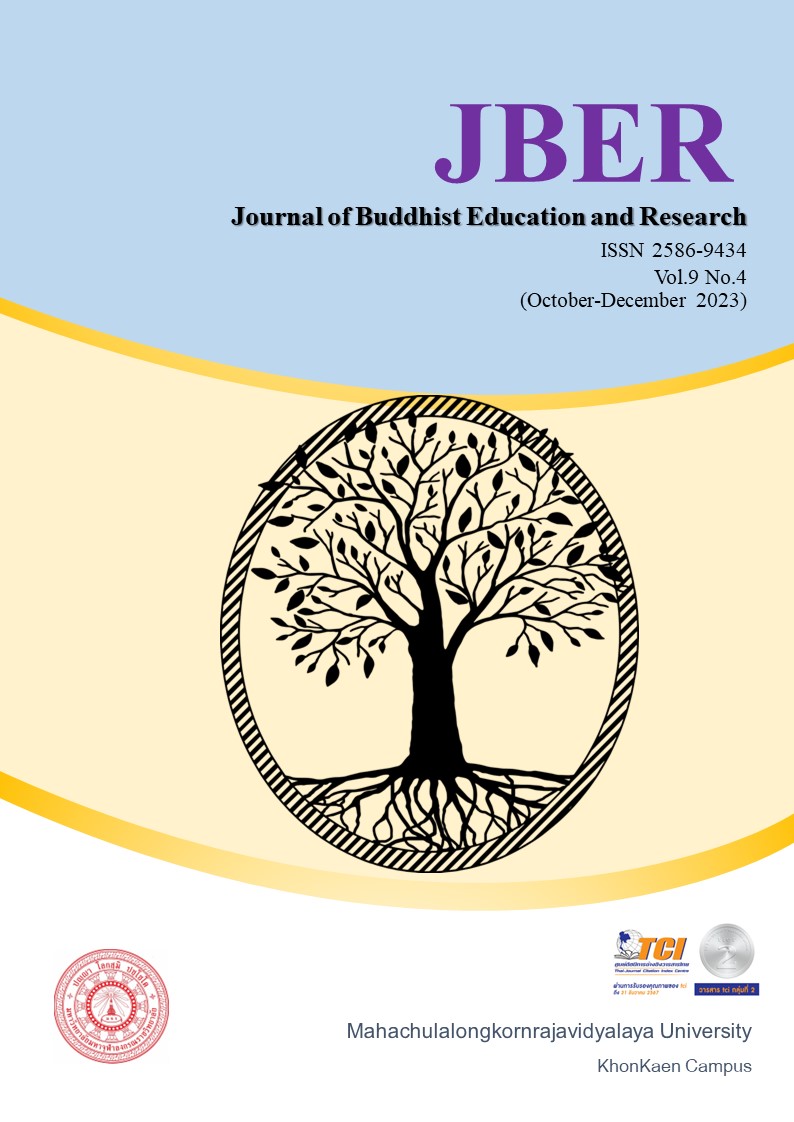BUDDHISM-BASED WITH POLITICAL COMMUNICATION THE AGE OF AI
Keywords:
การสื่อสาร; การเมือง; หลักพุทธธรรมAbstract
The Political communication is a communication process that consists of three parties: political organizations, the media, and the people. Political organizations need the support of the people, so it is necessary to send a message through the media to the people. The press also acts as an intermediary. To disseminate that message. Under their own perspective which may be biased or act impartially. It's something that the audience will use to criticize them. In the diagnosis, judge and at the same time. The public may send a message to a group of political organizations to propose a solution. Demand, resist. This can be a letter or an attitude from a poll. On various issues. In this process, The mass media, in addition to acting as a medium for presenting information of both groups, can also act as messengers. By way of presenting opinions, criticizing Butt analyzes through various columns and even in the content of the news itself. The moderation to be presented is big news. Small or unpresented news is also part of political communication. The use of skills in the age of AI is essential in political communication. Knowledge of data usage, risk assessment from technology, critical thinking skills, creative skills, communication skills. In order to achieve political communication that benefits society, morality, ethics are required and the application of the Buddhist Dharma principles, namely the 4 principles of honesty, 5 ethical principles, and the 7 principles of Sappuris Dharma, is integrated with these 6 skills.
References
นันทนา นันทวโรภาส. (2563) สื่อสารการเมือง: ทฤษฎีและการประยุกต์ใช้. พระนครศรีอยุธยา : โรงพิมพ์มหาจุฬาลงกรณราชวิทยาลัย.
พระพรหมคุณาภรณ์ (ป.อ. ปยุตฺโต). (2546). ภาวะผู้นำ : ความสำคัญต่อการพัฒนาคน พัฒนาประเทศ.
พระธรรมโกศาจารย์ (ประยูร ธมฺมจิตฺโต). (2549). พุทธวิธีบริหาร. กรุงเทพมหานคร : โรงพิมพ์มหาจุฬาลงกรณราชวิทยาลัย.
พระพรหมคุณาภรณ์ (ป.อ. ปยุตฺโต). (2559). พจนานุกรมพุทธศาสตร์ ฉบับประมวลธรรม. มูลนิธิการศึกษาเพื่อสันติภาพพระธรรมปิฎก.
Brian McNair, (1995). An Introduction to Political Communication, New York : Routledge





